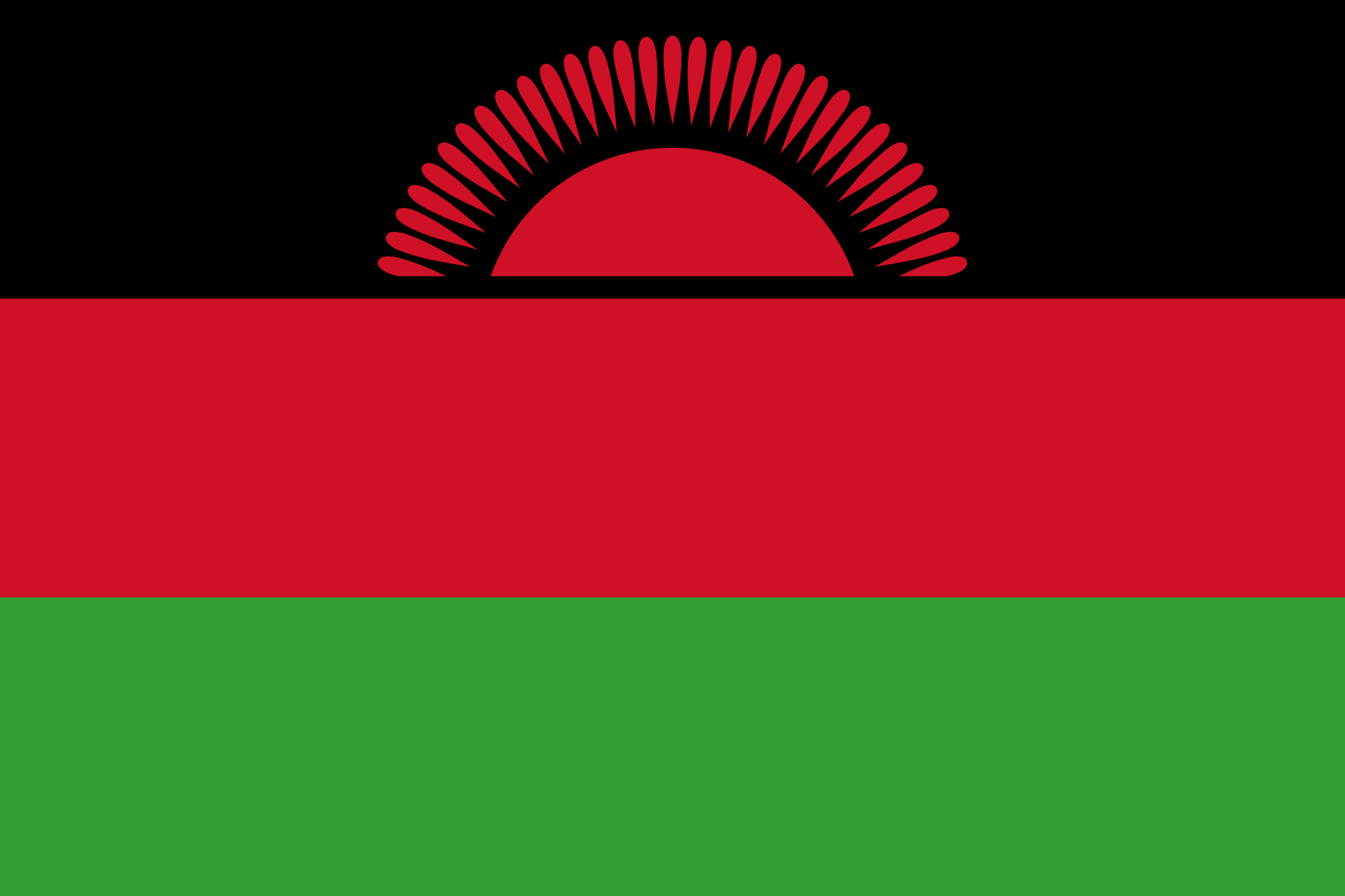A Journey into the Enchanting World of Warmth, Flavor, and Resilience
Malawi, a landlocked country in southeastern Africa, might not be the first nation that comes to mind when thinking about coffee origins. Still, this vibrant African nation has been quietly cultivating a niche for itself in the world of specialty coffee. Malawi’s coffee profile reflects the unique characteristics of its landscapes, the dedication of its farmers, and the growing recognition of the country’s potential in the global coffee market.
Coffee cultivation in Malawi is centered around the Arabica variety, primarily grown in the highlands of the northern and central regions. The altitude, ranging from 800 to 2,000 meters, contributes to the unique flavor profile of Malawian coffee. Notable coffee-growing regions include Mzuzu, Viphya, and the Mulanje Massif, each offering distinct terroirs that influence the taste and aroma of the beans.
Malawi’s Arabica beans are celebrated for their bright acidity, medium body, and flavor palette that often includes citrusy and fruity notes. The cool temperatures and well-drained volcanic soils in the high-altitude regions create optimal conditions for slow bean maturation, resulting in a nuanced and complex cup profile. The efforts of smallholder farmers and estate owners contribute to the quality and consistency of Malawian coffee.
One of the standout features of Malawi’s coffee industry is its commitment to sustainability and ethical practices. The country has embraced initiatives such as the UTZ and Rainforest Alliance certifications, highlighting a dedication to environmentally friendly farming methods and fair labor practices. These certifications not only appeal to conscientious consumers but also position Malawian coffee as a responsible choice in the global market.
Malawi’s coffee profile is not only shaped by its terroir but also by the processing methods employed by local farmers. Wet processing, where the beans are pulped and fermented before drying, is a common practice in Malawi. This meticulous processing contributes to the cleanliness and vibrant acidity that characterize Malawian coffee.
The Mzuzu Coffee Planters Cooperative Union, established in 2007, has played a crucial role in coordinating smallholder farmers and promoting sustainable practices. Through this cooperative, farmers gain access to training, resources, and fair market opportunities, fostering a sense of community and shared success.
In terms of market recognition, Malawi coffee is making strides in the specialty coffee sector. Terms like “Malawian Arabica” and “Malawi single origin” are gaining visibility, signaling to consumers that they can expect unique and high-quality beans. Malawi has also participated in international coffee competitions, further bolstering its reputation as a source of exceptional Arabica coffee.
The socio-economic impact of the coffee industry in Malawi is substantial, providing income and employment for a significant portion of the population. The focus on sustainability and ethical practices aligns with the broader goal of improving the livelihoods of smallholder farmers and contributing to the economic development of the country.
In conclusion, Malawi’s coffee profile is a story of quality, sustainability, and community. The nation’s commitment to producing exceptional Arabica beans, coupled with ethical and environmentally friendly practices, is propelling Malawi onto the global stage. As coffee enthusiasts explore the diverse world of specialty coffee, Malawian coffee offers a unique and flavorful experience, inviting them to savor the nuances of this emerging origin.
Tags: coffee grower, Malawi

